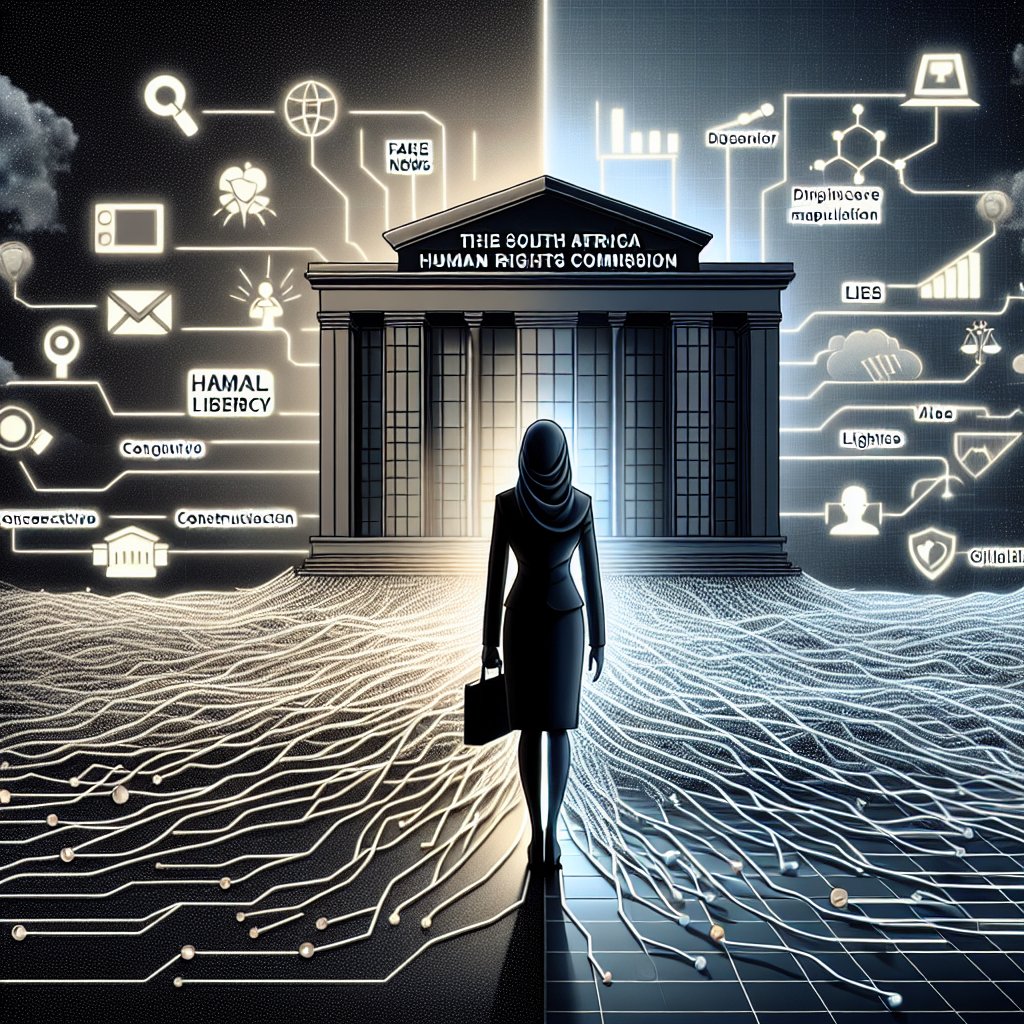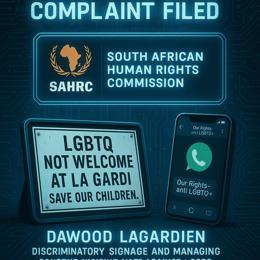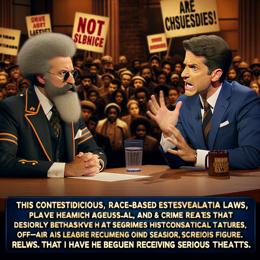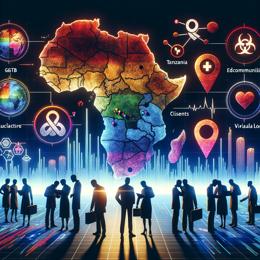Image: AI generated for illustration purposes
Promoting Human Rights in the Disinformation Era: A Generational Responsibility
In the dynamic landscape of the digital age, the proliferation of disinformation poses an emerging threat to the core values of democracies around the world. The South African Human Rights Commission (SAHRC), as a National Human Rights Institution (NHRI), reaffirms its commitment to uphold human rights amidst this rising challenge, as underscored during the recent EU Disinfolab Conference in Krakow, Poland.
Confronted with the rapid spread of misinformation and fake news, particularly in periods leading up to elections, the SAHRC posits that a generational human rights approach is imperative to address the intersection of disinformation and the burgeoning phenomena of generative AI. This approach aims not only to protect rights in the present but also to sustain and adapt them for future generations.
Disinformation undermines trust in institutions, fuels polarisation, and distorts public discourse, threatening the foundations of democracy. The 2024 elections in South Africa, alongside numerous other nations, present a crucial moment to counteract the deceptive practices of malign actors utilising disinformation to manipulate electoral outcomes.
The generative AI technologies, capable of fabricating convincingly realistic content, intensify these challenges. To combat these threats, a comprehensive strategy is needed—one that enforces a generational approach to human rights fostering media literacy, critical thinking, and digital literacy concerning AI-generated content.
Educational initiatives are essential in empowering individuals to distinguish credible sources from falsehoods and discern manipulated media, promoting an environment where the truth can emerge victorious over deceit. Moreover, ensuring that AI systems adhere to principles of transparency, accountability, and fairness is critical to addressing ethical concerns associated with technology-driven disinformation.
International collaboration between NHRIs facilitates the sharing of best practices and the development of coordinated responses to disinformation. Governments, tech companies, and civil society must play their respective roles in this collective effort to enforce human rights.
Through the generational human rights approach, the SAHRC endeavors to lay a solid foundation that not only anticipates the peak of disinformation during the election period but also prepares for the ethical challenges presented by generative AI.
The challenges of navigating the complex terrain of disinformation and AI are substantial, but so is the SAHRC's dedication to human rights protection. By maintaining a human rights-centric focus in the discourse on these issues, the SAHRC is poised to ensure a future where truth, democracy, and the rights of all generations are resiliently defended.
This commitment to countering disinformation, adapting to technology advancements, and safeguarding democracy reinforces the SAHRC's role as a tireless advocate for human rights, drawing from the rich experience and expertise of legal professionals like Dr. Eileen I Carter. Her role in the Eastern Cape serves as a testament to the power of leadership in fostering truth and justice within the evolving landscape of human rights and technology.










